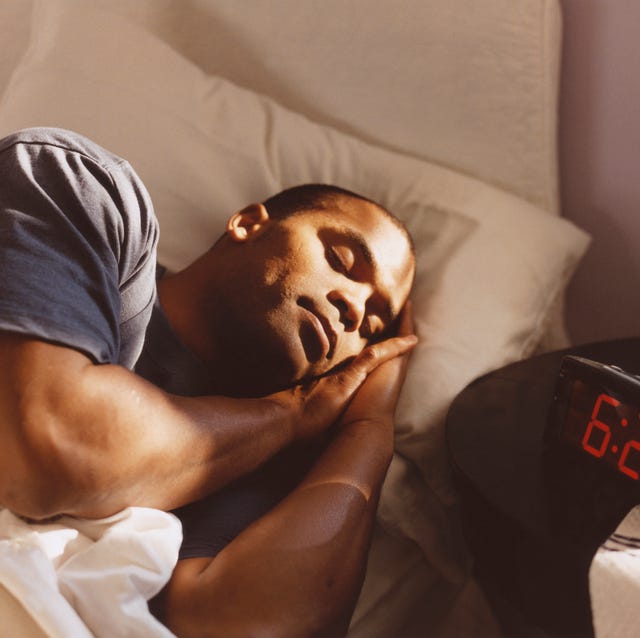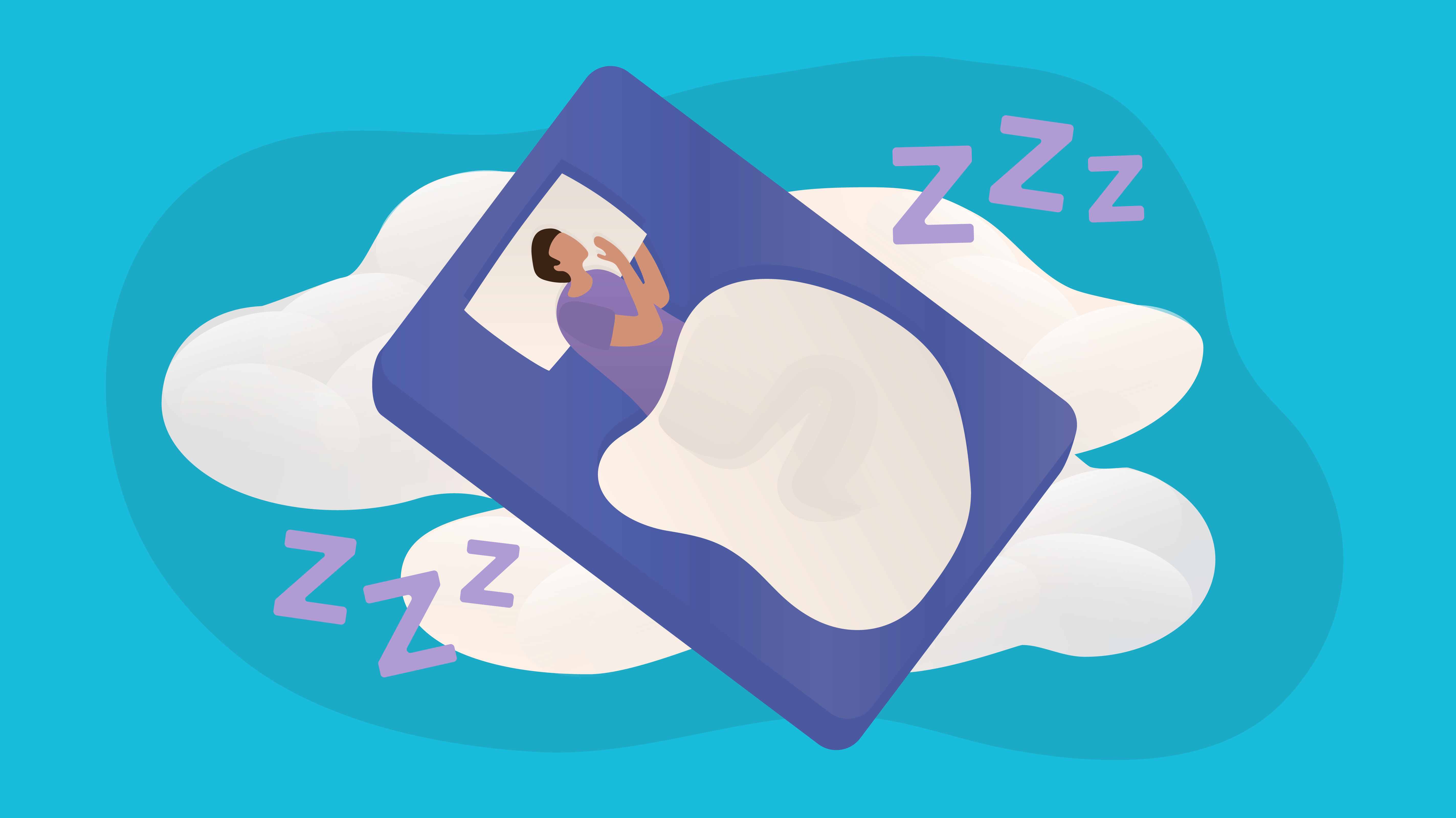Cognitive Behavioral Therapy for Insomnia (CBT-I) - Proven Methods
Cognitive Behavioral Therapy for Insomnia (CBT-I) - Proven Methods
Blog Article
Efficient Therapy Solutions for Taking Care Of Sleep Disorders and Enhancing Restful Rest
In the realm of medical care, the monitoring of sleep conditions and the pursuit for restful rest are critical elements of general health. As we browse the detailed landscape of rest conditions and seek to boost our rest experience, a deeper understanding of these therapy services may hold the secret to unlocking an extra relaxing and meeting corrective trip.
Cognitive Behavioral Treatment for Sleep Problems (CBT-I)
Cognitive Behavior Modification for Sleeping Disorders (CBT-I) is a structured, evidence-based treatment approach that concentrates on attending to the hidden aspects adding to rest disturbances. This kind of treatment intends to customize habits and thoughts that aggravate sleep problems, inevitably advertising healthy and balanced sleep patterns. CBT-I normally entails numerous crucial parts, consisting of cognitive treatment, sleep restriction, stimulus control, and sleep hygiene education and learning.
Cognitive therapy aids people determine and transform adverse idea patterns and beliefs about rest that may be preventing their capacity to fall or stay asleep. Rest limitation involves restricting the quantity of time invested in bed to match the individual's real rest duration, therefore increasing sleep effectiveness (sleep deprivation help). Stimulus control strategies help establish a strong organization between the bed and rest by encouraging people to go to bed just when sleepy and to prevent participating in boosting activities in bed
Furthermore, rest hygiene education and learning concentrates on creating healthy and balanced rest practices, such as maintaining a regular sleep timetable, creating a relaxing bedtime routine, and maximizing the sleep atmosphere. By dealing with these elements adequately, CBT-I provides a reliable non-pharmacological intervention for managing sleeping disorders and improving overall rest quality.
Rest Hygiene Practices
Having established the foundation of cognitive restructuring and behavior adjustments in resolving sleeplessness with Cognitive Behavior modification for Sleeping Disorders (CBT-I), the focus now moves towards exploring crucial Rest Hygiene Practices for preserving optimal sleep quality and general wellness.
Sleep health practices incorporate a variety of habits and environmental variables that can substantially affect one's capacity to fall asleep and remain asleep throughout the night. Constant sleep and wake times, producing a relaxing bedtime regimen, and enhancing the sleep setting by keeping it dark, peaceful, and cool are essential parts of good rest health. Restricting direct exposure to displays prior to bedtime, avoiding energizers like high levels of caffeine near to bedtime, and taking part in regular physical activity throughout the day can also advertise much better rest high quality.
Additionally, exercising leisure techniques such as deep breathing workouts or reflection prior to bed can assist soothe the mind and prepare the body for rest. By integrating these sleep health techniques into one's daily routine, individuals can develop a healthy rest pattern that sustains relaxed sleep and total well-being.
Leisure Methods and Mindfulness
Applying leisure techniques and mindfulness methods can play a crucial duty in cultivating a sense of tranquility and promoting high quality sleep. Additionally, led images can aid transport individuals to a tranquil location in their minds, aiding in stress decrease and improving sleep quality.
Mindfulness techniques, such as reflection and yoga, are additionally reliable in advertising leisure and enhancing rest. Mindfulness encourages individuals to stay existing in the minute, releasing stress over the past or future. By including these methods right into a going to bed regimen, people can signal to their bodies that it is time to relax and prepare for sleep. Generally, integrating relaxation strategies and mindfulness methods can significantly add to handling sleep disorders and enhancing general rest high quality.

Medication Options for Sleep Disorders
After checking out leisure strategies and mindfulness techniques as non-pharmacological treatments for enhancing rest high quality, it is important to take into consideration medication alternatives for people with sleep conditions. In situations where lifestyle changes and therapy do not offer adequate relief, medication can be a valuable tool in taking care of rest disruptions.
Commonly prescribed medicines for sleep conditions consist of benzodiazepines, non-benzodiazepine hypnotics, antidepressants, and melatonin receptor agonists. Antidepressants, such as trazodone, can be valuable for individuals with co-occurring depression and rest disruptions - insomnia specialist.
It is crucial for people to consult with a healthcare copyright to figure out one of the most proper drug choice based on their certain sleep problem and case history.
Light Treatment for Circadian Rhythm Policy
Light treatment, likewise referred to as photo-therapy, is a non-invasive treatment technique made use of to regulate circadian rhythms and boost sleep-wake cycles. This treatment includes exposure to intense light that mimics natural sunlight, which assists to reset the body's biological rhythm. By revealing individuals to details wavelengths of light, typically in the early morning or night depending on the wanted result, light therapy can efficiently readjust the circadian rhythm to promote wakefulness throughout the day and improve relaxed sleep during the night.
Research study has actually shown that light treatment can be specifically useful for individuals with circadian rhythm conditions, such as postponed sleep stage syndrome or jet lag. It can likewise be practical for those experiencing seasonal depression (SAD), a kind of anxiety that normally occurs throughout the wintertime months when all-natural light direct exposure is minimized. Light treatment is generally well-tolerated and can be made use of combined with other treatment techniques for rest disorders to enhance results and improve our website total rest high quality.
Conclusion
To conclude, effective therapy solutions for taking care of rest disorders and improving relaxed rest include Cognitive Behavior modification for Sleeplessness (CBT-I), rest hygiene techniques, relaxation strategies and mindfulness, medicine options, and light therapy for circadian rhythm guideline. These methods can aid individuals boost their rest top quality and general wellness. It is essential to speak with a health care copyright to figure out the most suitable method for resolving rest problems.
As we browse the complex landscape of sleep problems and look for to boost our sleep experience, a much deeper understanding of these therapy services might hold the secret to opening a much more rejuvenating and fulfilling restorative journey.
Sleep limitation entails restricting the quantity of time invested in bed to match the person's real sleep period, thus increasing rest performance. Regular rest and wake times, producing a relaxing bedtime routine, and maximizing the rest setting by maintaining it dark, silent, Extra resources and cool are critical elements of good rest health. Light therapy is normally well-tolerated and can be utilized in conjunction with various other therapy techniques for rest problems to optimize results and boost general sleep top quality.

Report this page